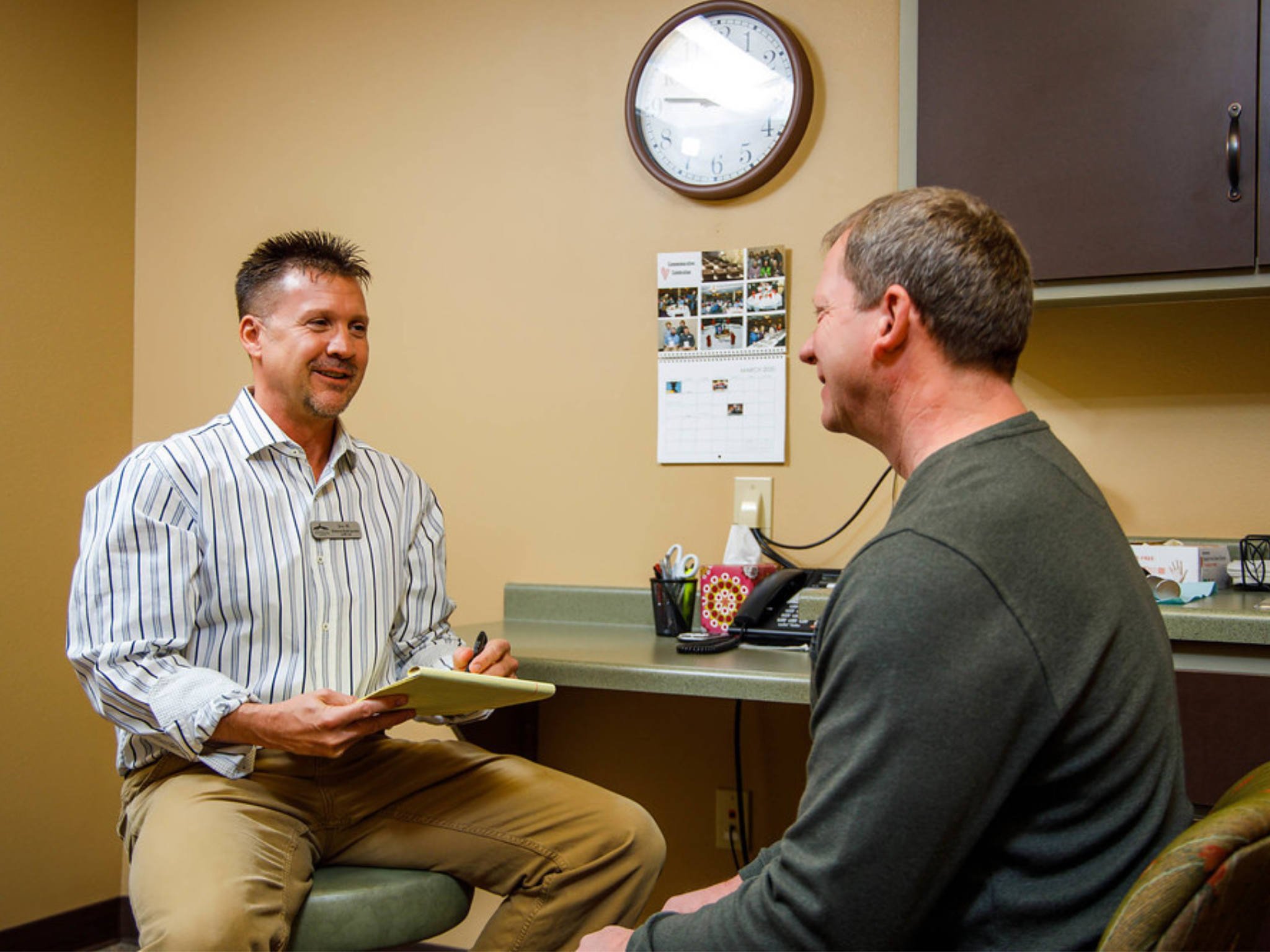Summer is a time to enjoy sunshine, vacations, and quality moments with friends and family. It’s a season filled with outdoor adventures, travel, and well-deserved relaxation. But for individuals living with bleeding disorders, summer also brings unique challenges that require a bit of extra planning. From managing hydration and staying cool to preparing for active outings and vacations, there are important steps to take to keep the season both fun and safe.
Whether you’re heading out for a weekend getaway, sending your child to summer camp, or simply enjoying backyard games and BBQs, it’s important to be prepared. With thoughtful planning and support from your care team, you can fully embrace the season and make the most of everything summer has to offer. Here are a few key ways to enjoy summer safely with a bleeding disorder.
Stay Hydrated and Cool
Warm weather and outdoor activity can increase the risk of dehydration, which can in turn raise the likelihood of nosebleeds, fatigue, and other complications for individuals with bleeding disorders. Drinking plenty of water throughout the day is one of the simplest and most effective ways to stay safe and comfortable in the heat.
In addition to hydration, take steps to stay cool. Wear light-colored, breathable clothing, apply sunscreen regularly, and use a hat or umbrella for shade when outdoors for long periods. Avoid peak sun hours when possible, and be especially mindful of children, who may not recognize the signs of overheating. Keeping a refillable water bottle on hand is a great habit for everyone in the family.
Plan Ahead for Travel
Summer often means road trips, flights, and family vacations. For those with bleeding disorders, it’s essential to plan ahead and pack with care. Before heading out, check in with HOC to ensure you have all necessary medications, factor, and infusion supplies. It’s also helpful to bring a printed treatment plan, emergency contact information, and a letter from your provider outlining your condition and medical needs.
When flying, keep all medications and treatment supplies in your carry-on bag — never in checked luggage. Be prepared to explain what you’re carrying to TSA agents, and allow extra time for security screenings. Many families find it helpful to call the airline ahead of time to make arrangements for medical supplies and support during travel.
Be Smart About Physical Activity
Summer is a great time to get moving. Activities like swimming, hiking, biking, and sports can be fun and healthy, but they may also carry a risk of injury or trauma. Protective gear like helmets, elbow and knee pads, and supportive footwear can go a long way in reducing that risk.
For individuals on a prophylactic treatment plan, try to schedule higher activity days as close to your prophy day as possible. If you’re trying a new sport or activity this summer, consult with your HOC provider first to ensure it’s safe and to determine any precautions you should take.
It’s also worth noting that while swimming is generally low-impact and beneficial for joint health, pool decks and wet surfaces can increase the risk of slips and falls. Always supervise children and make sure they understand the importance of being cautious in and around the water.
Protect Your Skin and Prevent Infection
Summer adventures often come with bug bites, scrapes, and bruises. For someone with a bleeding disorder, even minor skin injuries can be cause for concern if not treated properly. Use insect repellent, wear long sleeves or pants when hiking, and try to avoid rough or overgrown areas that could cause scratches or cuts.
If an injury occurs, wash the area thoroughly, apply pressure if needed, and use an antiseptic. Keep a well-stocked first-aid kit nearby when you’re on the go, especially for younger kids who are more active during summer months. Keep an eye on wounds as they heal, and don’t hesitate to contact HOC if anything looks unusual or doesn’t improve.
Prepare for Summer Camps and Events
Attending summer camps, retreats, or youth programs can be a highlight of the season — and with the right preparation, it can be safe and memorable for those with bleeding disorders. If your child is planning to attend a program, ensure that the staff is informed of their condition, treatment plan, and how to respond in case of an emergency.
Many camps are familiar with chronic conditions and are open to working with healthcare providers to create a safe environment. HOC can assist with documentation, emergency instructions, and coordination so that your child can focus on having fun and making new friends.
Partner with HOC for Summer Success
Whatever your plans this summer, remember that you don’t have to go it alone. The team at Hemophilia Outreach Center is here to support you with personalized guidance, resources, and care planning. Whether you’re preparing for travel, adjusting your activity level, or just want peace of mind, HOC can help ensure your summer is safe and worry-free.
Always remember: The bleeds you can’t see are often the most dangerous. So don’t hesitate to contact your hemophilia treatment center if anything feels off after a fall, no matter how minor it may seem. Being proactive in your care is the best way to enjoy the season with peace of mind. Stay safe and stay healthy!




